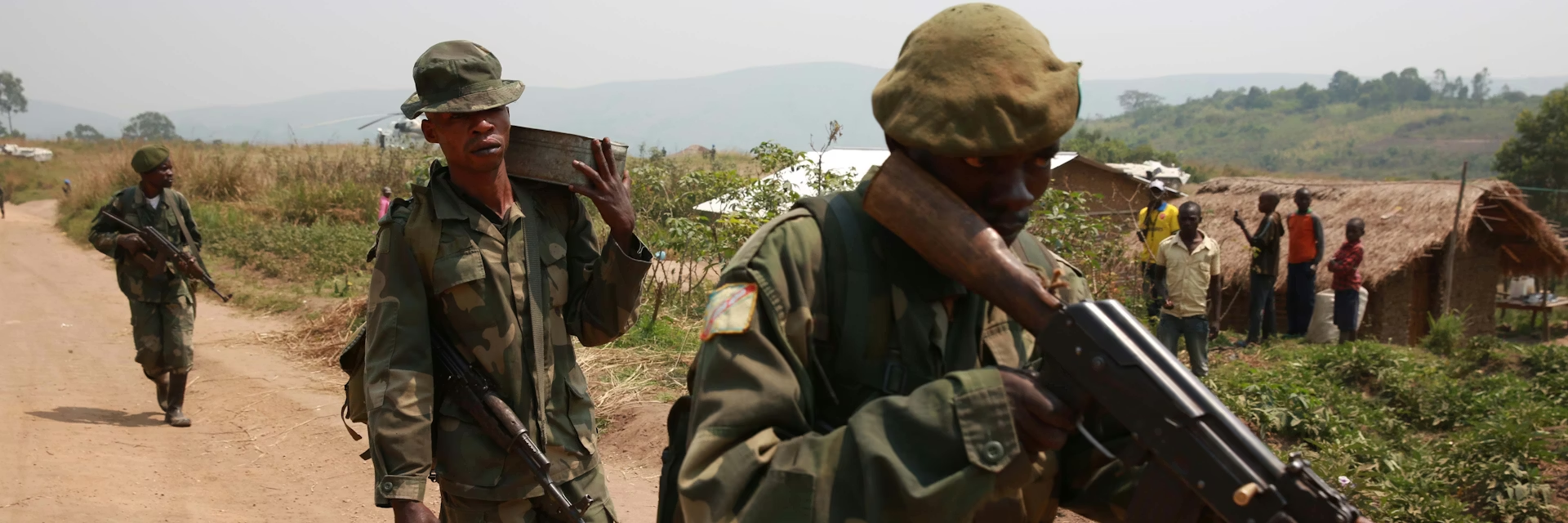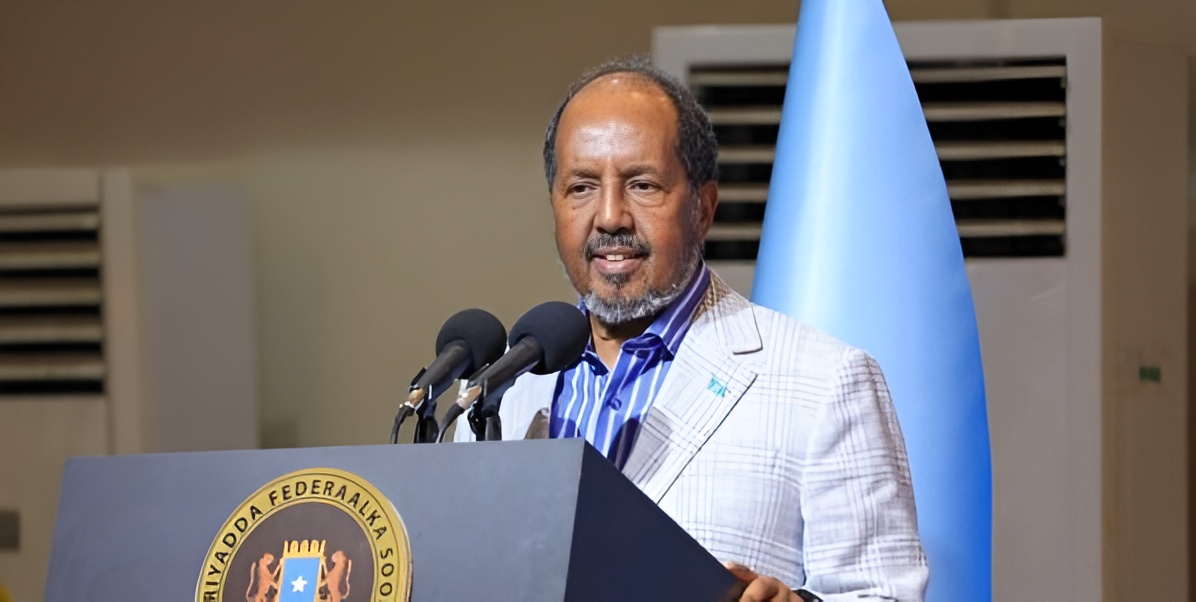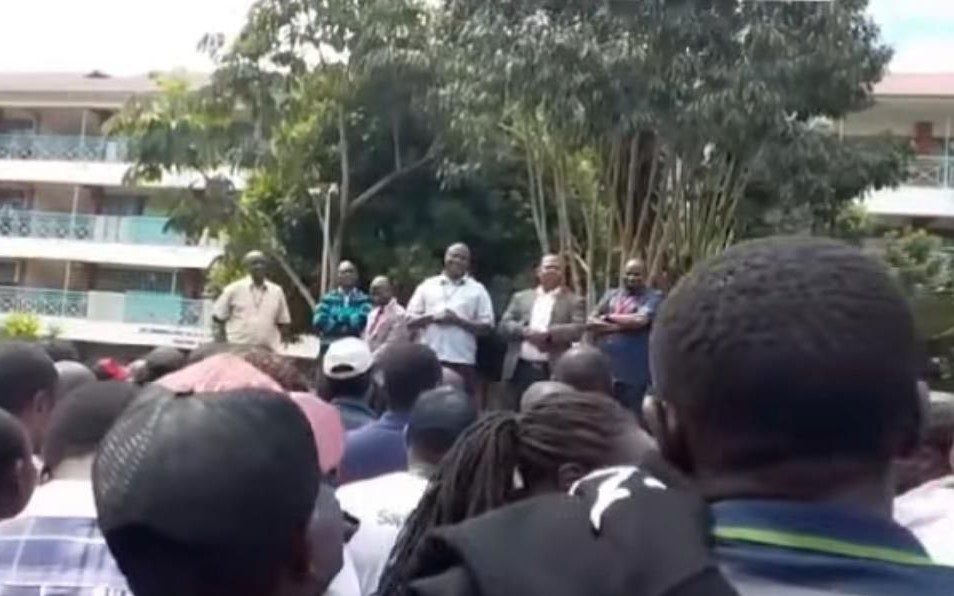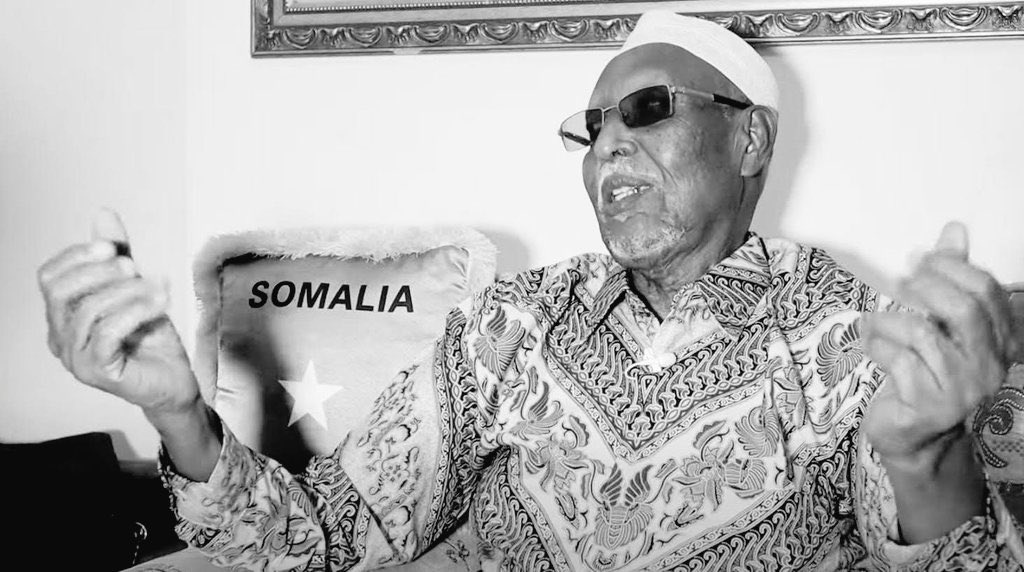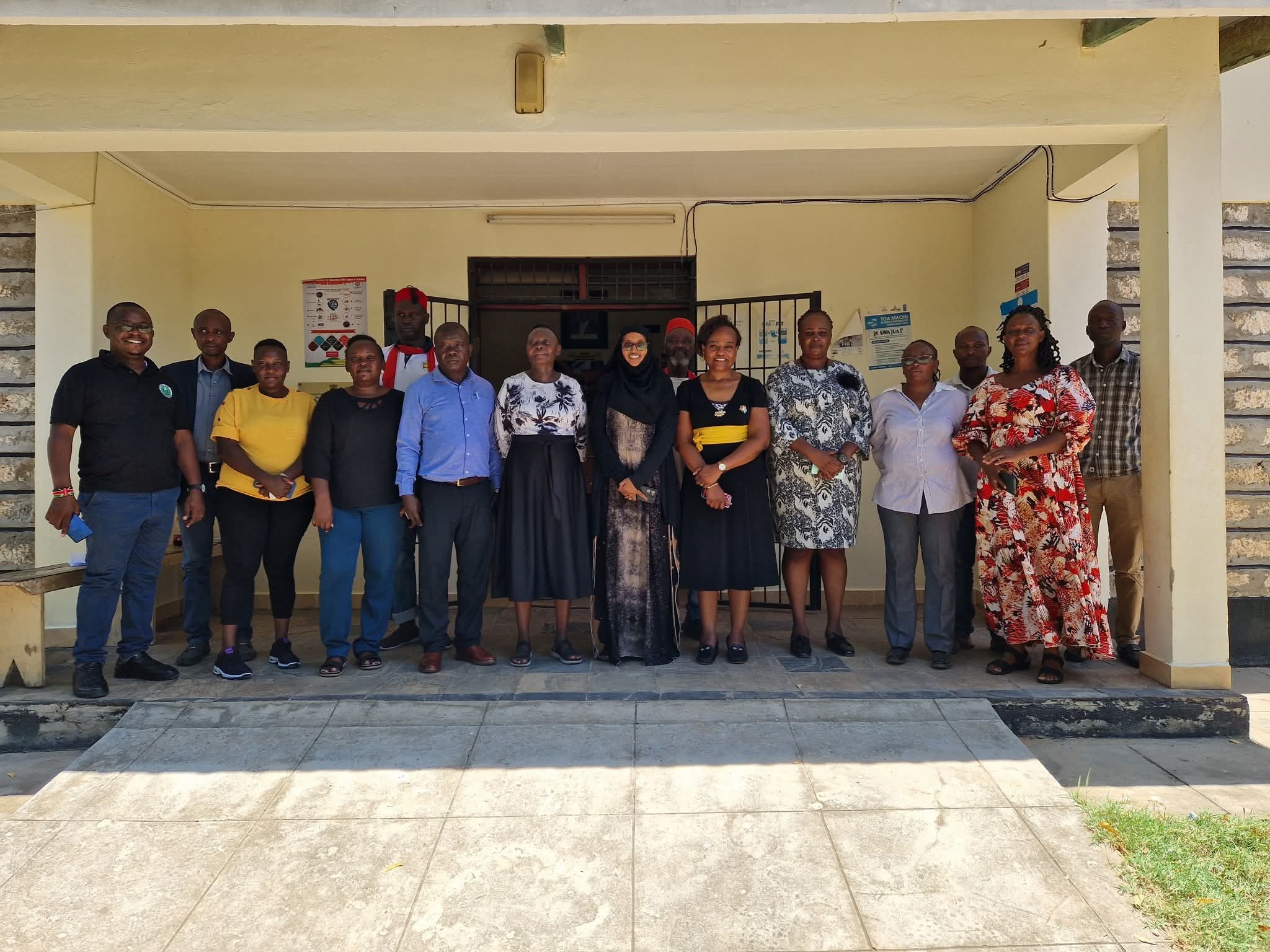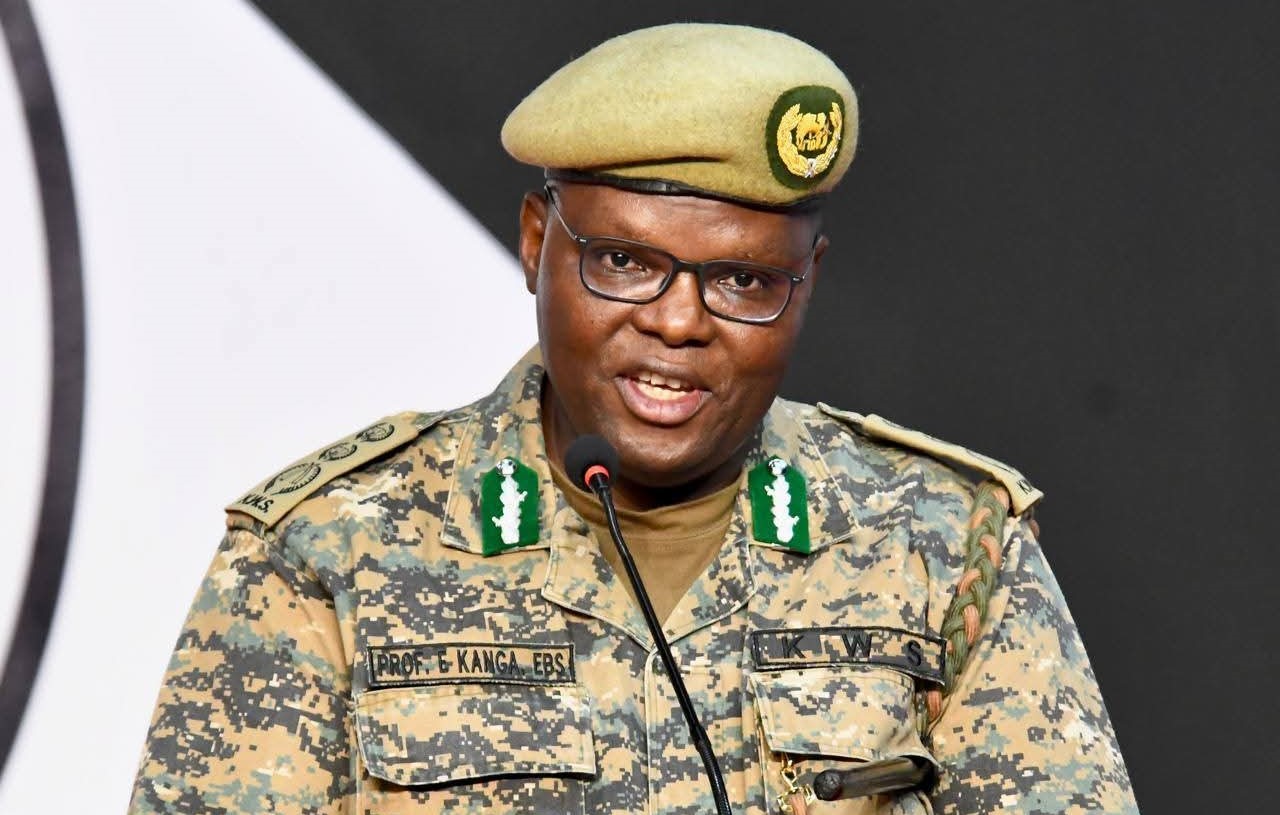UN rights chief urges accountability in Syria, sees huge chance for fair transition
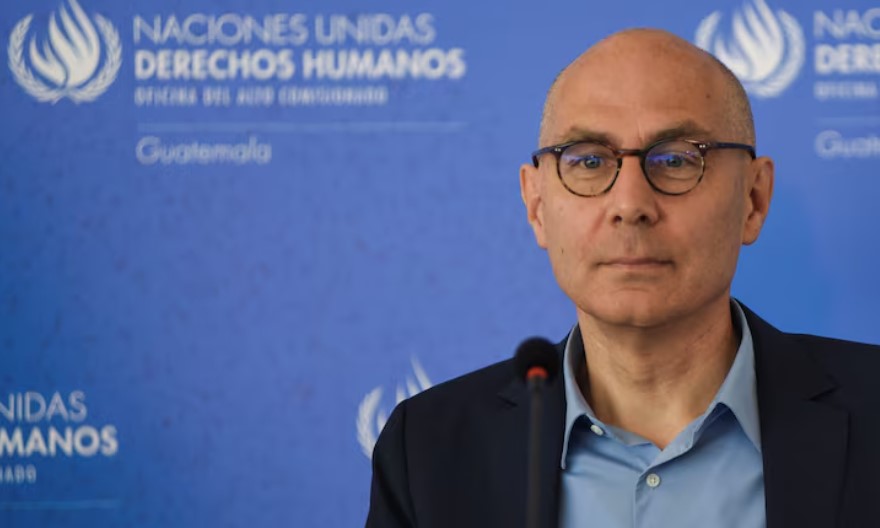
Syrians woke on Monday to a hopeful if uncertain future, after rebels seized the capital Damascus and Assad fled to Russia.
The UN human rights chief on Monday called for accountability for perpetrators of abuse under toppled Syrian president Bashar al-Assad. Still, it said there was a "huge chance" for an inclusive political transition, and that early signs were promising.
Syrians woke on Monday to a hopeful if uncertain future, after rebels seized the capital Damascus and Assad fled to Russia, following 13 years of civil war and more than 50 years of brutal Assad family rule.
More To Read
- UN Security Council adopts resolution to strengthen youth role in peace and security
- UN Security Council extends sanctions oversight on Al-Shabaab
- Millions in Africa denied services as biometric IDs lock out vulnerable citizens
- UN warns human rights face growing threats worldwide in 2025 as funding for activists falls
- UN Rights Chief raises alarm over abductions, enforced disappearances in Uganda ahead of elections
- Tanzania dispatches envoy to Brussels to avert Sh23.3 billion EU aid freeze
"We will need to make sure that those who are responsible for these violations, be it on the side of the previous government, the president and others, but also all others who are responsible for violations – that they are brought to account," UN High Commissioner for Human Rights Volker Turk told a Geneva press briefing, calling for meticulous preservation of evidence.
"(Accountability) is going to be a key piece of the transition, because we cannot afford that we go back to those periods where indeed impunity reigns."
Turk's office pointed to the disappearance of more than 100,000 people during the war alone, and the use of torture and chemical weapons.
Syria is not currently a member of the International Criminal Court, although a new government could join it. Russia blocked past attempts at the UN Security Council to refer Syria to the court.
Turk said there was a "huge chance" for inclusive dialogue on the political transition in Syria's new era.
"I hope that within this current environment ... there will be this inclusive, very inclusive dialogue," he said. "There is a huge chance for this to happen. And what we have seen initially is indeed cooperation," he added, citing coordination between Assad's prime minister, Mohammed Jalali, and rebel leader Abu Mohammed al-Golani.
At the same press conference, called to mark the anniversary of the Universal Declaration of Human Rights in 1948, Turk urged states to stem arms flows to conflicts such as those in Haiti, Sudan, Gaza and Ukraine.
"We need to insist that it is not OK, and not legal, to use anti-personnel mines in Ukraine, it is not OK to provide them for use there," he said, in an apparent reference to US President Joe Biden's approval of the export of such mines last month.
Turk said at least 184 people had been killed in gang violence in Haiti's capital at the weekend, bringing this year's total death toll to a "staggering" 5,000.
Top Stories Today

